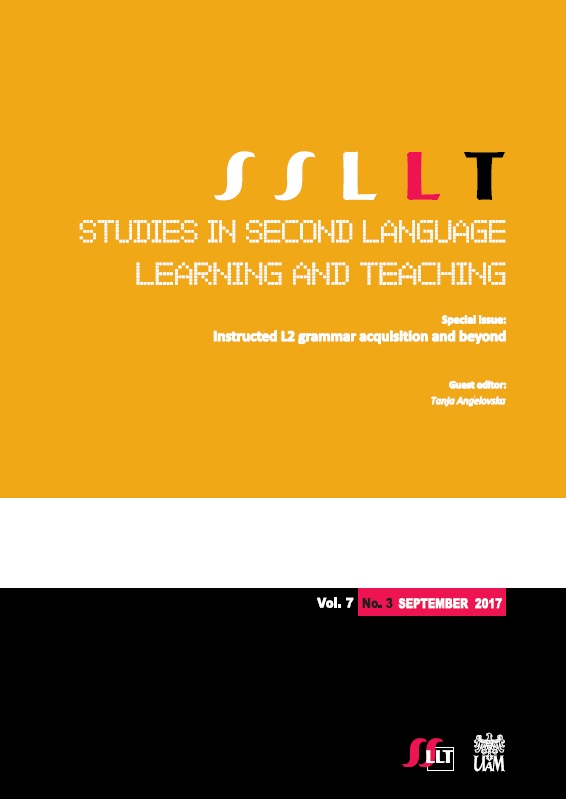A case study of a Hungarian EFL teacher’s assessment
practices with her young learners
A case study of a Hungarian EFL teacher’s assessment
practices with her young learners
Author(s): Gabriella HildSubject(s): Foreign languages learning
Published by: Wojskowe Biuro Historyczne im. gen. broni Kazimierza Sosnkowskiego
Keywords: early language learning; assessment of young language learners; diagnostic assessment; dynamic testing; early foreign language teaching in Hungary
Summary/Abstract: The case study aims to provide insights into how a Hungarian EFL teacher used tests, assessed her young learners and gave feedback to them in the classroom. This qualitative, exploratory study was a follow-up to a large-scale project. In this single-case study, data were collected from an EFL teacher and five of her seventh graders on what tasks she used to assess them and how. The participants were interviewed. For the purpose of triangulation, the students were also audio- and video-recorded while doing four speaking tasks, and two classes were observed. The results revealed that for the teacher with decades of teaching experience there was room for improvement in her knowledge of age-appropriate teaching methodology and that some of her beliefs and practices reflected a lack of understanding how children develop. She had difficulty diagnosing her students’ strengths and weaknesses. The learners were rarely provided with feedback on their performance and language development; therefore, they did not see how much they had progressed. Low achievers had a hard time catching up with their peers; and they lagged further behind. The teacher seemed to be more interested in what her students did not know rather than focusing on what they could do.
Journal: Studies in Second Language Learning and Teaching
- Issue Year: VII/2017
- Issue No: 4
- Page Range: 695-714
- Page Count: 20
- Language: English

